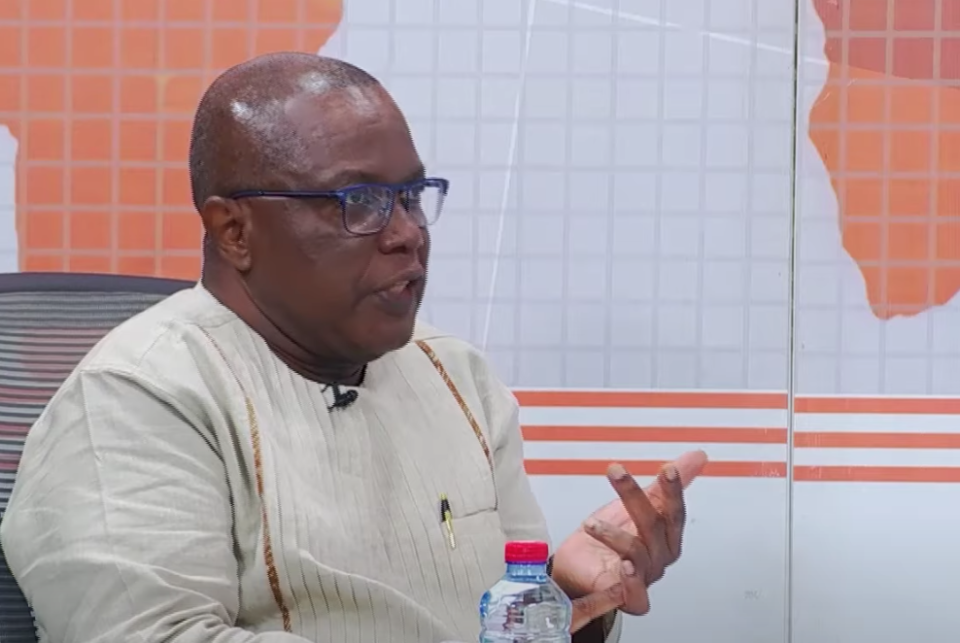Ghanaian economist, Dr. Nii Moi Thompson, has criticized Finance Minister Ken Ofori-Atta, asserting that he eroded the foundational strength any economy relies on even before the emergence of the COVID-19 pandemic.
Dr. Thompson highlighted that crucial pillars of Ghana’s economy, including the financial sector which acts as a vital support system for any economy, were not adequately fortified before the onset of the pandemic.
“Despite attributing his failures to Covid and the Ukraine conflict, the facts speak differently. Well before Covid came into play, in November 2019, during his presentation of the 2020 budget to Parliament, he predicted a gradual decline in GDP growth, dropping from 7.0% in 2019 to potentially as low as 4.6% in 2022, followed by a feeble recovery to 6.5% in 2023,” explained Mr. Thompson in a released statement.
He pointed out that this bleak outlook was the outcome of the detrimental policies implemented by the Finance Minister since 2017, including the harmful dismantling of the financial sector—considered the economic lifeblood—which experienced an average contraction of almost 12% annually. Additionally, the dynamic construction sector saw a decline of 6.5% by the end of 2019, contributing to unemployment, while growth across other sectors decelerated or declined.
According to Dr. Thompson, the economy was already facing challenges prior to the global impact of Covid-19. He also criticized the Finance Minister’s mid-year budget review in Parliament, likening it to a perplexing display of disjointed biblical references.
He stated, “Although Covid did have a disruptive effect on the economy and strained government finances throughout much of 2020, it also served as a financial windfall for the government. The government amassed nearly GH¢28 billion (not the GH¢21.8 billion reported by the Auditor-General) to combat the pandemic. This figure excluded the GH¢5.8 billion or US$1 billion provided by the IMF in 2021, in addition to the US$1 billion (GH¢5.6 billion) granted in 2020. The combined revenue shortfall for taxes in 2020 and 2021 was GH¢5 billion.”
Dr. Thompson highlighted that a significant portion of the GH¢28 billion, about 43%, was allocated to Covid-related initiatives, while the remaining funds were directed to the vaguely termed “budget support.” The actual influence of this infusion of funds on the economy and budget has yet to be seen. In contrast, the government responded to the IMF’s unconventional advice by introducing additional taxes and raising existing tax rates, ostensibly to stimulate the economy and boost revenue.
He concluded, “Even a roadside plantain vendor would recognize the absurdity of this approach, which is evident in the minister’s pessimistic economic projections for 2023.”


